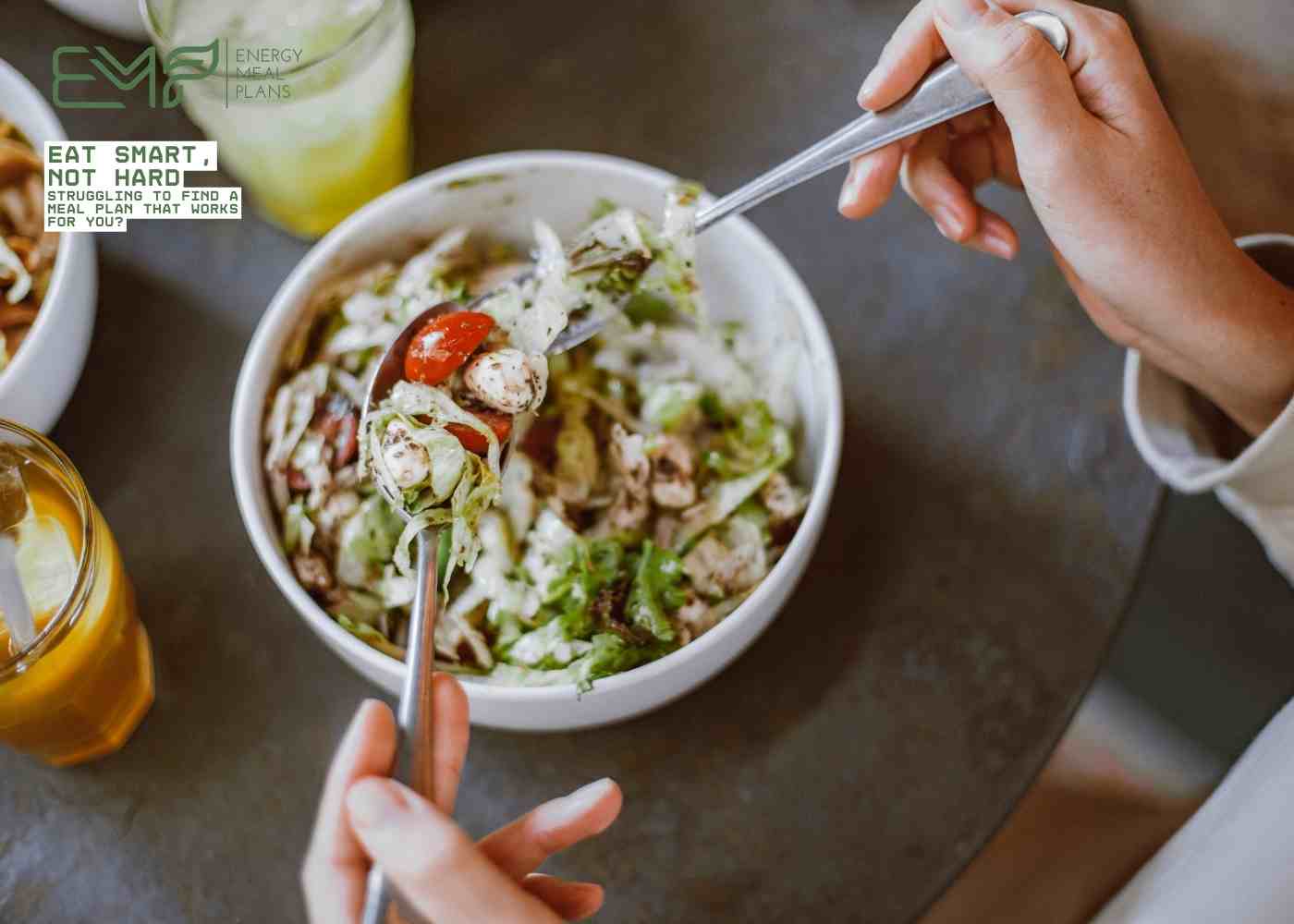Breakfast is a great way to start your day, and if you want
to gain muscle mass a high-protein breakfast can be a real plus. High protein foods for muscle building not only supply the
body’s needful nutrient values but also to make one feel full with needed energy.
Whether you are in the process of getting ready for a morning workout or you
just prefer to start your working day with a healthy and tasty meal – it is
high time to add protein to your breakfast if you are eager to reach your
objectives. Today, we will look at multiple options on delicious high-protein
meals in the morning that are easy to prepare to kick start your day.
Why It Is Good for You to Choose Protein for Breakfast
The function of protein in muscle gain
Protein is also another nutrient that helps repair and build
our muscles. You know when you’re exercising especially doing strength training
your muscles undergo micro-injury. Protein assists in the healing of these
tears and that’s how muscle mass is developed and muscle strength is gained. A
high-protein breakfast means that your body has the building blocks of protein
to begin later this morning some cell repair.
Various research has indicated that having a protein in the
morning can increase muscle protein synthesis, the method by which your body
adds muscles. A study in the Journal of Nutrition shows that by introducing
protein across the day with breakfast being the first meal, the muscle mass is
boosted way better than when most of the protein is consumed during the latter
part of the day.
High-Protein Breakfast Ideas
1. Greek Yogurt with Berries and NutsGreek yogurt contains
up to 20 grams of protein per serving and is, therefore, a great source of
protein. Accompanying it with a few spoons of berries and nuts shall add fiber,
vitamins and healthy fats to the diet. Blueberries and strawberries are
antioxidants; almonds or walnuts for those with a crunch and healthy fats to
fill the stomach.
Recipe:
- 1 cup of plain Greek yogurt
- ½ cup of mixed berries (blueberries, strawberries,
raspberries)
- 1 tablespoon of chopped nuts (almonds, walnuts, or pecans)
- Optional: A drizzle of honey or a sprinkle of cinnamon for
added flavor
2. Protein-Packed Omelette
These are very
essential foods in our diets and contain high amounts of proteins among foods
that can be consumed. The protein content of a large egg is approximately 6
grams per piece. If you want to have a super-charged omelette that is full of
protein, do not forget to include spinach, mushroom, bell pepper and other
protein sources, including turkey or chicken breast.
Recipe:
- 3 large eggs
- 1 cup of spinach
- ¼ cup of sliced mushrooms
- ¼ cup of diced bell peppers
- ¼ cup of cooked turkey or chicken breast
- Salt and pepper to taste
Instructions:
- Beat the eggs in a bowl and season with salt and pepper.
- In a non-stick pan, sauté the vegetables and meat until
cooked.
- Pour the eggs over the vegetable mixture and cook until
set.
- Fold the omelette in half and serve hot.
3. Quinoa Breakfast Bowl
Quinoa is one of the best sources of protein as it has all
nine necessary amino acids to form protein in our body. It is also very rich in
fiber making it ideal for the morning bread. Quinoa breakfast bowl may contain
sweet or savory food products according to one’s taste and preference.
Recipe (Sweet):
- 1 cup of cooked quinoa
- ½ cup of almond milk or any milk of choice
- 1 tablespoon of almond butter
- 1 tablespoon of chia seeds
- ½ banana, sliced
- 1 teaspoon of honey
Recipe (Savory):
- 1 cup of cooked quinoa
- 1 poached egg
- ½ avocado, sliced
- 1 tablespoon of salsa
- A sprinkle of feta cheese
Instructions:
- Combine the quinoa and milk in a bowl.
- For the sweet version, top with almond butter, chia seeds,
banana, and honey.
- For the savory version, top with a poached egg, avocado,
salsa, and feta cheese.
4. Cottage Cheese and Fruit
Another dairy product is cottage cheese containing 14 grams
of protein for every half-cup serving. While consumption of bananas on its own
gives a feeling of satisfaction, combining it with fruits gives one the right
proportions of protein, fiber as well as natural sugar for energy.
Recipe:
- 1 cup of low-fat cottage cheese
- 1 cup of diced pineapple or peaches
- 1 tablespoon of chia seeds or flaxseeds
- Optional: A sprinkle of cinnamon or a drizzle of honey
Instructions:
- In a bowl, combine the cottage cheese with fruit.
- Sprinkle with seeds and any additional toppings of your
choice.
5. Protein Smoothie
Eating a protein smoothie is one of the best ways to help
you take a lot of nutrients in a very short time in the morning. With a
high-quality protein powder, you’ll have a muscle-building smoothie that will
keep you feeling full for hours.
Recipe:
- 1 scoop of protein powder (whey, plant-based, etc.)
- 1 cup of almond milk or any milk of choice
- ½ cup of frozen berries
- ½ banana
- 1 tablespoon of peanut butter
- A handful of spinach (optional)
Instructions:
- Combine all ingredients in a blender.
- Blend until smooth and enjoy immediately.
The Science Behind High-Protein Breakfasts
Protein and Muscle Synthesis
Earlier, we discussed that protein is an essential nutrient
in muscle synthesis processes and muscular development. When one is
eating/protein, it is taken through a digestion process where the protein is
decomposed to amino acids to be used in the construction of muscle tissues. It
is even more critical at this time since the muscles are recovering and growing
after you have exercised.
According to the Journal of the International Society of
Sports Nutrition, the dosage of protein in the morning is the best dosage to enhance
muscle protein synthesis especially and this is if taken with resistance
exercises. This makes a high-protein breakfast even more advantageous for
people who have intentions of adding size to their muscles.
Protein and Satiety
Protein is recognized as the most assimilated macronutrient,
which implies, that it will help you avoid hunger for the longest amount of
time. This is because protein takes a longer time to be digested than
carbohydrates and fats in the body. High-protein foods help you manage your
appetite throughout the day by eating a meal in the morning so that you cannot
overeat during the day.
Over fifty-five participants who consumed a breakfast with a
high protein level had less energy intake throughout the day than the
participants who consumed a low protein level breakfast as identified in the
Obesity Reviews. This may be of great assistance to those who want to lose
weight while increasing lean body mass.
The Thermic Effect of Protein
Another value of protein is the fact that proteins have a
high thermic effect, meaning the energy needed to metabolise the foods we eat.
Protein produces a bigger thermic effect than carbohydrates and fats; it
requires more calories to digest proteins. This can help in the ability to
expend more energy ultimately helping with your muscle-building needs.
A study presented in the American Journal of Clinical
Nutrition pointed out the specific impact of the thermic effect of the
different types of nutrients; protein at 20-30%, carbohydrate at 5-10% and fat
at 0-3%. This means that a high protein breakfast not only contributes
positively to muscle build-up but also to the metabolism.
Conclusion
Eating protein foods for muscle development during your
breakfast is one way of preparing well in the morning. While opting for a
simple juice in the morning, you can easily have any fruit or vegetable
smoothie or you can go for a protein-packed omelette or eggs in the morning or
simply have s fulfilled bowl of Greek yogurt in the morning. With more research
coming through every day, promoting the importance of protein it has become
quite obvious why a high-protein breakfast is crucial for any bodybuilder diet.
So, the next time you wake up thinking about what you are going to eat, perhaps
consider some of these high-protein breakfast foods to jump-start your day.






























